How Long Does It Take To Become A Hematologist Oncologist
Medical school will involve 2 years of classroom work followed by 2 years in a hospital or clinic setting where you will be exposed to real life medical issues. The next step to become a hematologist-oncologist is to attend medical school.
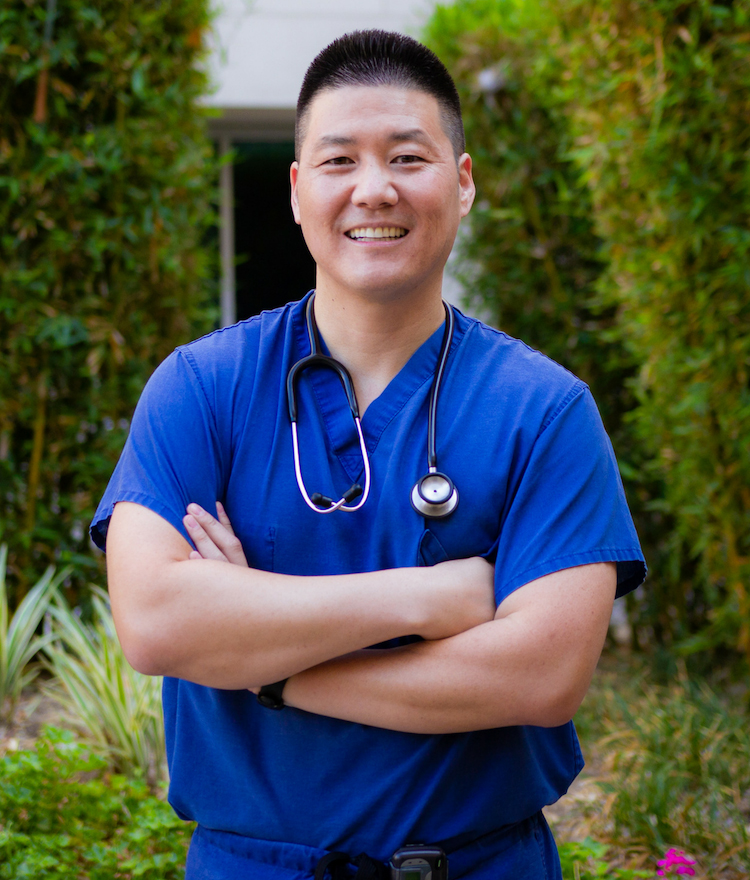 Hematologist Oncologist Job Openings In Southern Ca Scpmg Recruiters
Hematologist Oncologist Job Openings In Southern Ca Scpmg Recruiters
The next step to become a hematologist-oncologist is to attend medical school.
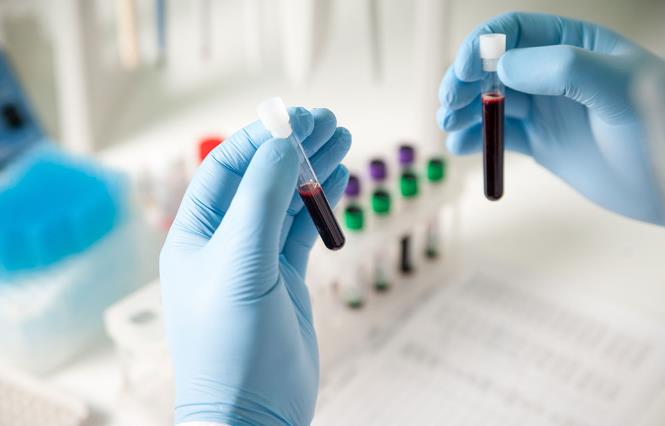
How long does it take to become a hematologist oncologist. After completing that residency and passing the ABIM certification exams in internal medicine he goes on to complete a two-year fellowship in medical oncology. Internal medicine and pediatrics are the typical residency tracks completed prior to specializing in hematology or hematologyoncology although y. Becoming a pediatric hematologistoncologist requires graduating from medical school completing a 3-year pediatric residency and completing a 3-year fellowship in pediatric hematologyoncology.
Typically this degree takes four years to complete. A medical oncologist must first spend 36 months as an internal medicine resident. How long does it take to become a hematologist oncologist In order to become a hematologist students are entailed to complete four years of medical school three years of residency to glean vital hands-on experience in a specialized area such as pediatrics or internal medicine and learn diverse aspects of patient care.
Next theyll complete a 2- to 5-year residency where they get special training in a hospital. A complete blood count CBC which measures 19 parameters of the blood are usually available to your doctor within 24 hours. You can expect to spend 13 to 15 years in education and training to become a hematologist.
Once he passes the ABIM medical oncology exam he becomes board-certified in the specialty. The turnaround time for a blood test depends on factors such as the type of test and the location of the test. Medical oncologists must first earn a bachelors degree.
Often the first two years is spent in the classroom taking courses on subjects such as anatomy physiology microbiology and pathology. Usually- High school- 4 years College- 4 years Medical School- 4 years Residency- 2-3 years Internal Medicine or Peds Oncology fellow- 2 years stop here or go on to hematology Hematology- another 1-2 years. Becoming a pediatric hematologistoncologist requires graduating from medical school completing a 3-year pediatric residency and completing a 3-year fellowship in pediatric hematologyoncology.
Residency in Internal Medicine and Oncology After graduation from medical school aspiring hematologists will begin their residency. Typically this degree takes four years to complete. During the second year of this residency students will take the third part of the USMLE.
Begin by Earning an Undergraduate Degree Consider your undergraduate degree as an opportunity to prepare for the rigor of medical school. In this field of medicine you may focus on hematological disorders pathology or oncology and you could choose to teach research or treat patients. How long do blood tests take in an oncology office.
Those pursuing hematology as a nurse practitioner will typically complete five to six years of education post high school. To become a hematologist you will need to complete 4 years of medical school followed by 2 years of residency in internal medicine or a related field. This involves a track such as internal medicine pathology or pediatrics and is a precursor to any.
The typical hematology residency lasts three to five years and is often focused on pediatrics internal medicine or pathology. The residency consists of three years of clinical training after completing medical school. Residency After completing medical school your first three years will generally be spent in residency.
50 years experience Hematology and Oncology About 17-19 years. The Educational Path of a Hematologist in the US. A hematologist oncologist specializes in treating patients who suffer from blood disorders andor cancer.
This is a three-year commitment during which the newly graduated doctor learns to. Hematologists must also complete 2-4 years of fellowship in their specialty. The next step in that process is admission to an approved pediatric hematology and oncology residency program.
Oncologists are physicians who treat patients with cancer and related diseases. After college theyll go to medical school for about 4 years. This includes 2 years of studying in a classroom and 2 years of practice in a hospital setting.
After high school it takes at least eight years of additional education and three years of residency or a fellowship to become a board-certified internal medicine doctor in hematology oncology. Like all physicians hematologists also need a state license. All oncology doctors must complete an undergraduate degree program four years of medical school and a residency or fellowship program that usually lasts two to four years depending on the.
Upon earning your Bachelors degree and passing the Medical College Admissions Test your next step towards becoming an oncologist is completing 4 years of medical school.
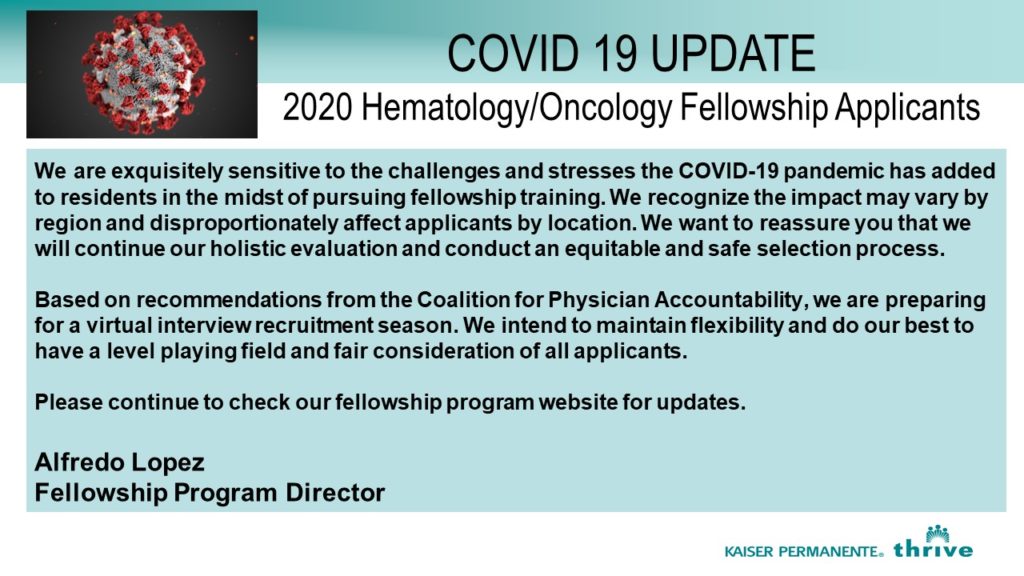 Hematology Oncology Fellowship Acgme Kaiser Permanente Undergraduate Graduate Medical Education Northern California
Hematology Oncology Fellowship Acgme Kaiser Permanente Undergraduate Graduate Medical Education Northern California
 Fellowships In Hematology And Medical Oncology Fellowships In Hematology And Medical Oncology Stanford Medicine
Fellowships In Hematology And Medical Oncology Fellowships In Hematology And Medical Oncology Stanford Medicine
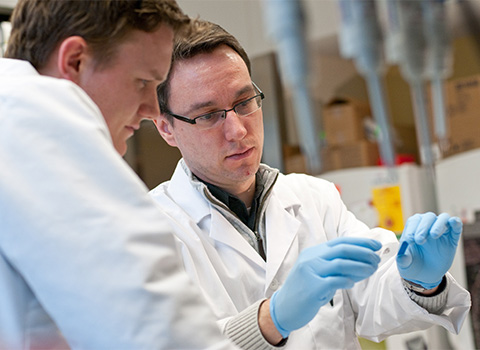 Division Of Hematology And Oncology Department Of Medicine Feinberg School Of Medicine Northwestern University
Division Of Hematology And Oncology Department Of Medicine Feinberg School Of Medicine Northwestern University
 Hematology Oncology Physician Central Michigan Oncology Satellite Network Hematology
Hematology Oncology Physician Central Michigan Oncology Satellite Network Hematology
 Division Of Hematology Medical Oncology Nyu Langone Health
Division Of Hematology Medical Oncology Nyu Langone Health
 Oncology Cancer Doctors Utica Ny Slocum Dickson Medical Group
Oncology Cancer Doctors Utica Ny Slocum Dickson Medical Group
 This Is Why I Want To Be A Pediatric Oncology Nurse Oncology Nursing Pediatric Nursing Nursing School Motivation
This Is Why I Want To Be A Pediatric Oncology Nurse Oncology Nursing Pediatric Nursing Nursing School Motivation
 Here S Why You Should Choose A Medical Specialty In Hematology Windsor University School Of Medicine
Here S Why You Should Choose A Medical Specialty In Hematology Windsor University School Of Medicine
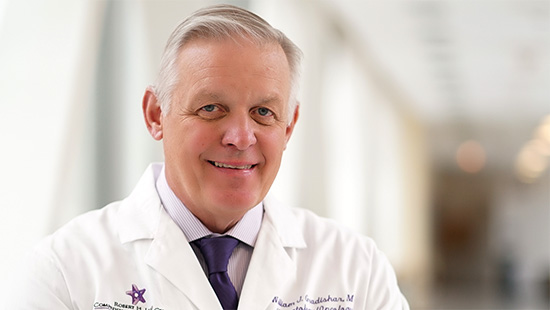 Division Of Hematology And Oncology Department Of Medicine Feinberg School Of Medicine Northwestern University
Division Of Hematology And Oncology Department Of Medicine Feinberg School Of Medicine Northwestern University
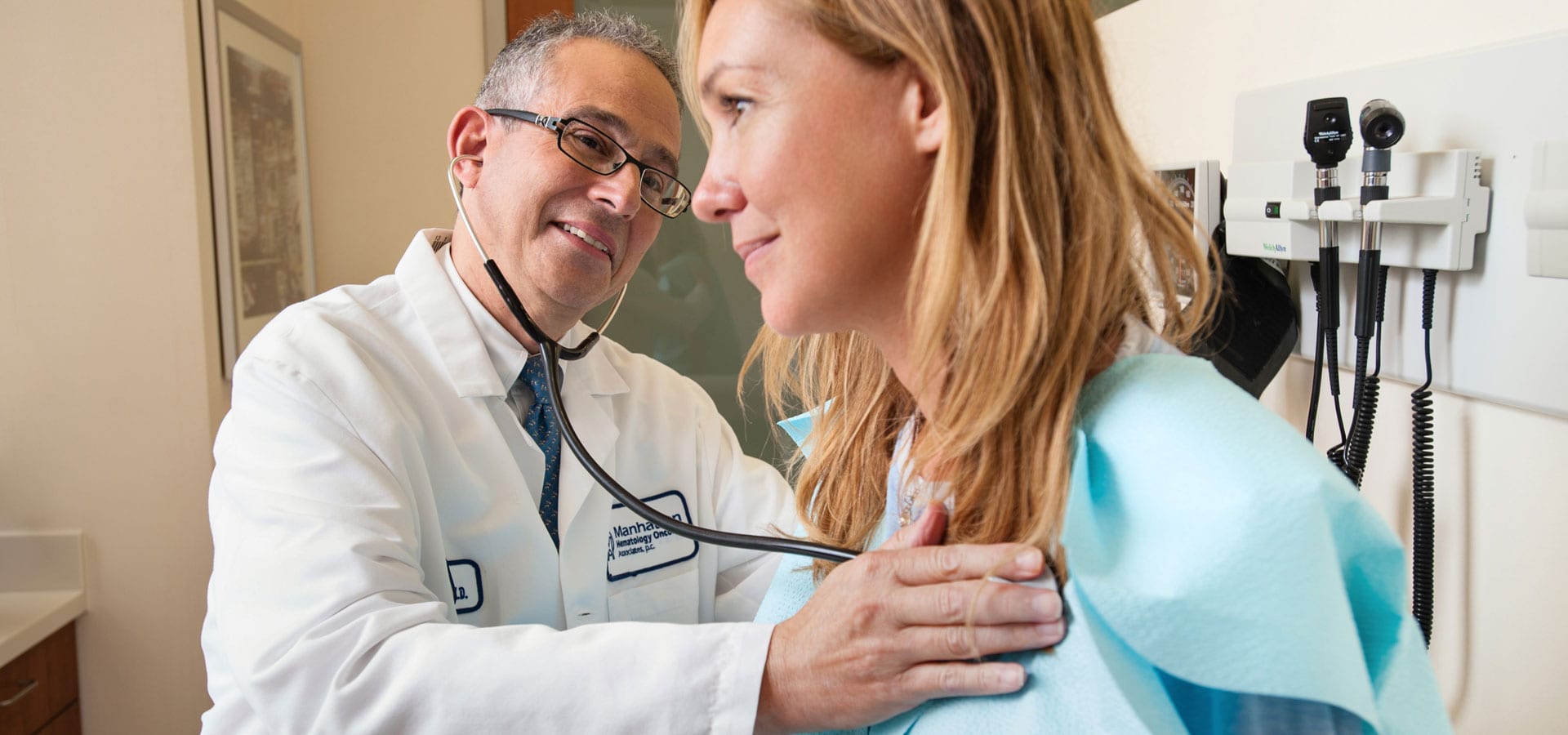 Manhattan Hematology Oncology Associates P C Manhattan Hematology Oncology Associates Provides You With The Best Advanced Treatments And Personalized Care
Manhattan Hematology Oncology Associates P C Manhattan Hematology Oncology Associates Provides You With The Best Advanced Treatments And Personalized Care
 Pediatric Hematology Oncology Division Of Hematology Oncology Stanford Medicine
Pediatric Hematology Oncology Division Of Hematology Oncology Stanford Medicine
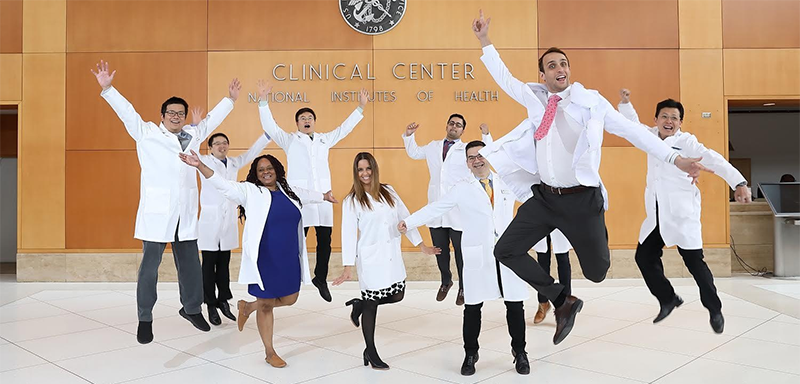 Nih Hematology Oncology Fellowship Center For Cancer Research National Cancer Institute
Nih Hematology Oncology Fellowship Center For Cancer Research National Cancer Institute
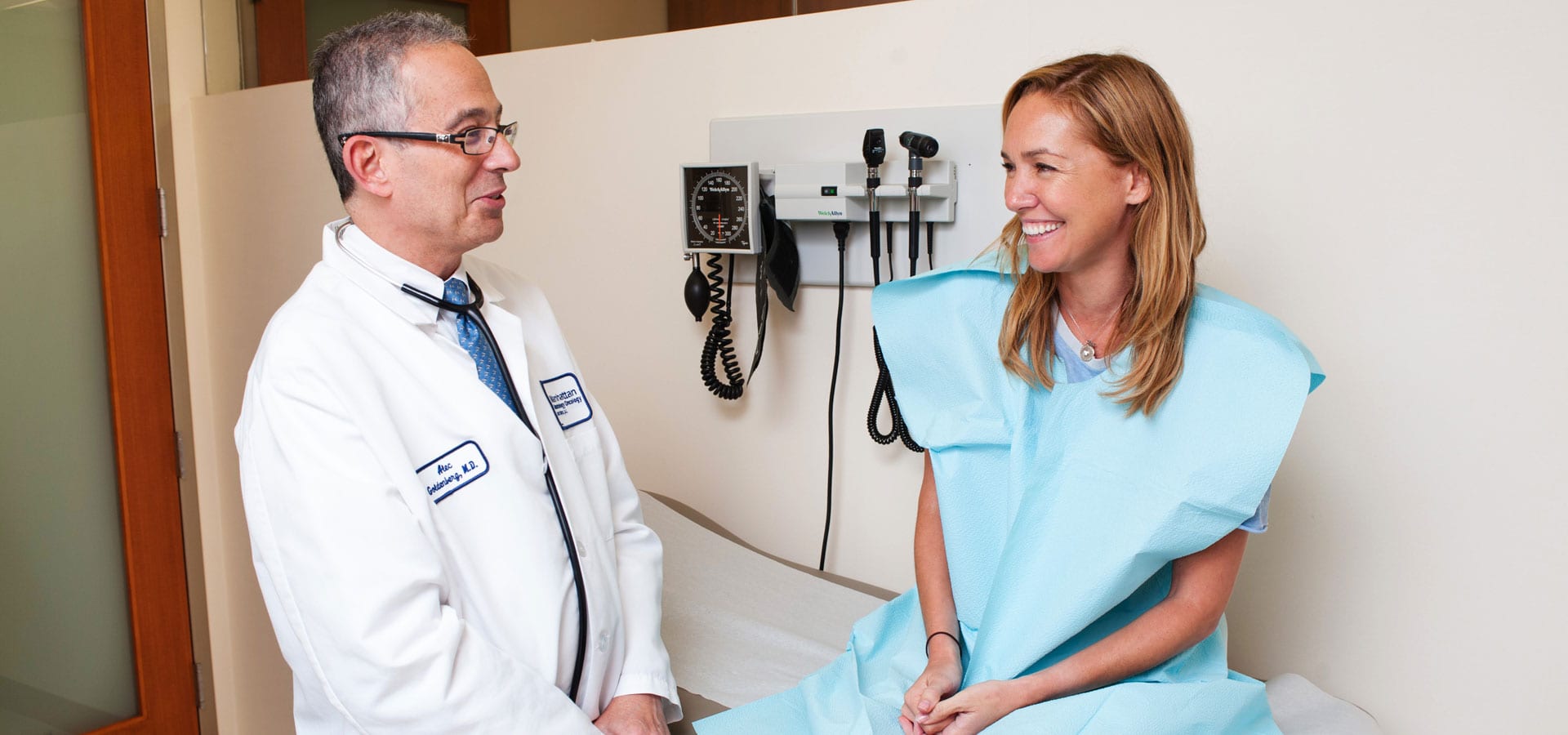 Manhattan Hematology Oncology Associates P C Manhattan Hematology Oncology Associates Provides You With The Best Advanced Treatments And Personalized Care
Manhattan Hematology Oncology Associates P C Manhattan Hematology Oncology Associates Provides You With The Best Advanced Treatments And Personalized Care
 Pediatric Hematology Oncology Fellowship Texas Children S Hospital
Pediatric Hematology Oncology Fellowship Texas Children S Hospital
Roswell Park Hematology Oncology Of Niagara Roswell Park Hematology Oncology Of Niagara
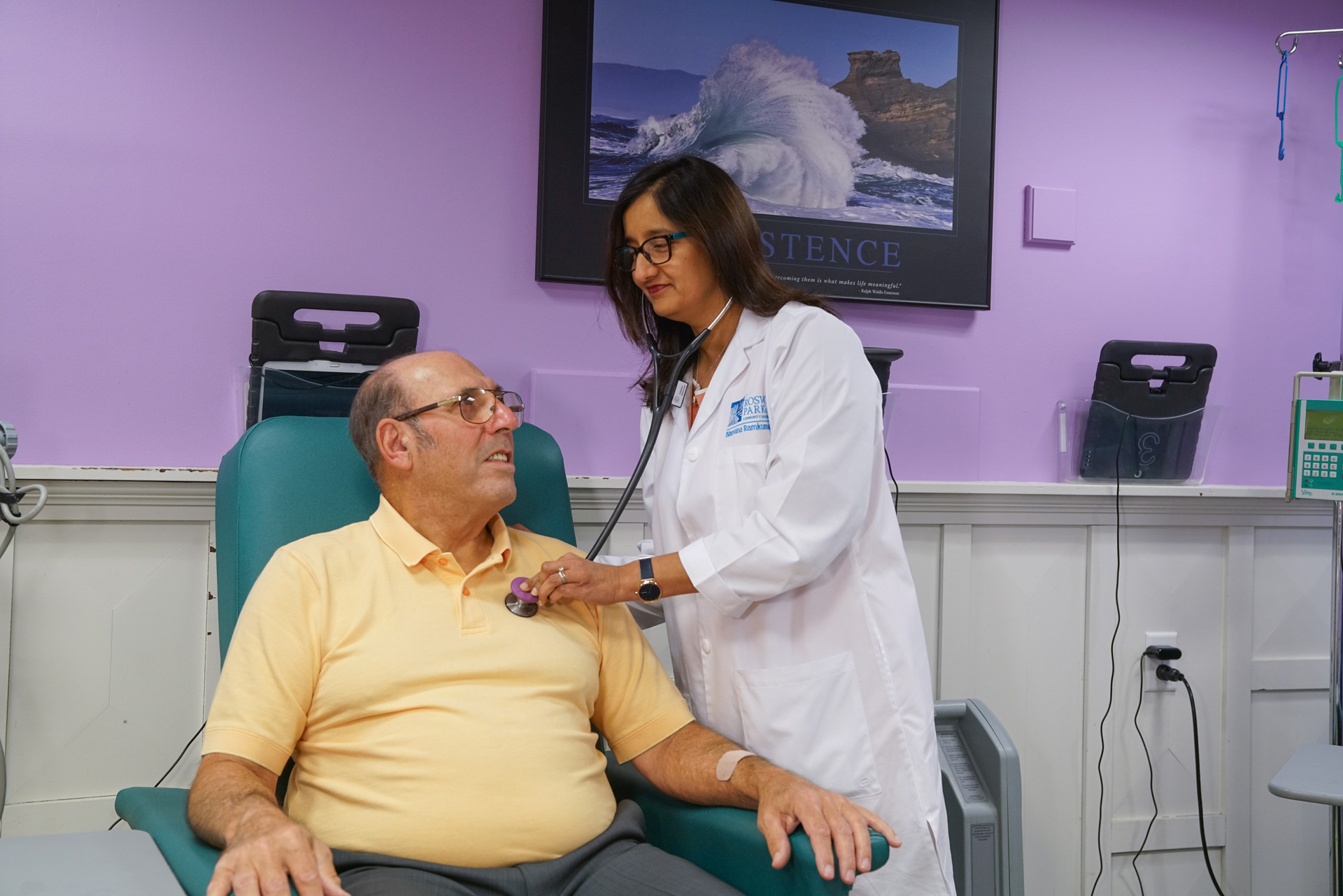 Roswell Park Hematology Oncology Of Niagara Roswell Park Comprehensive Cancer Center
Roswell Park Hematology Oncology Of Niagara Roswell Park Comprehensive Cancer Center
 Hematology Oncology Fellowship Program Md Anderson Cancer Center
Hematology Oncology Fellowship Program Md Anderson Cancer Center
 What Does A Hematologist Oncologist Do A Day In The Life Of Dr Gary Schiller David Geffen School Of Medicine Los Angeles Ca
What Does A Hematologist Oncologist Do A Day In The Life Of Dr Gary Schiller David Geffen School Of Medicine Los Angeles Ca
 Section On Hematology Oncology Soho
Section On Hematology Oncology Soho